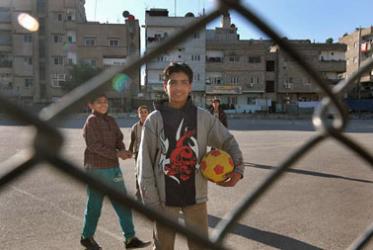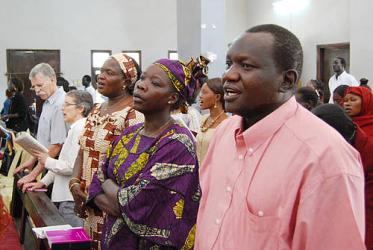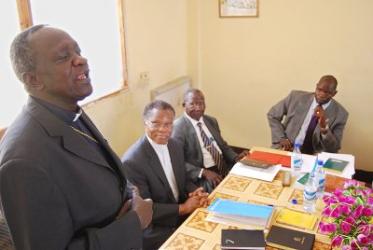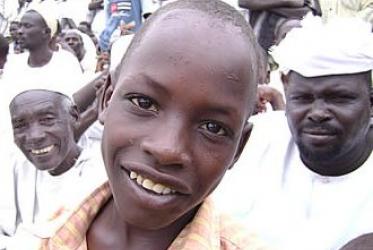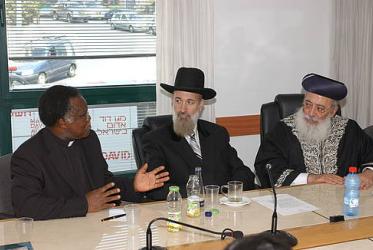Displaying 2981 - 3000 of 3326
28 May 2008
WCC delegation met with Syria's Assad
24 April 2008
"Ignored by the whole world" - a visit to Yambio, Sudan
17 April 2008
Sudan: churches at a crossroad
04 April 2008
Sudanese churches face "tremendous tasks and challenges"
28 March 2008
WCC calls for UN fact finding mission to Papua
17 March 2008


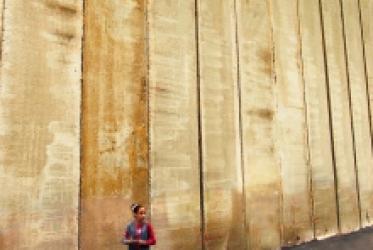

!["All Iraqis are trying to leave," Clara - a young woman working for the Greek Orthodox Patriarchate in Damascus and a refugee herself - told the WCC delegation. "Since one year the United Nations tell us that they will find a solution [for Iraqi refugees in the region], but nothing happens." "All Iraqis are trying to leave," Clara - a young woman working for the Greek Orthodox Patriarchate in Damascus and a refugee herself - told the WCC delegation. "Since one year the United Nations tell us that they will find a solution [for Iraqi refugees in the region], but nothing happens."](/sites/default/files/styles/teaser/public/newsItem/wjV59XHs.jpeg?itok=YIkp9xNl)



